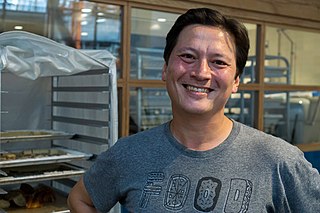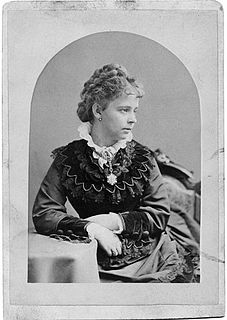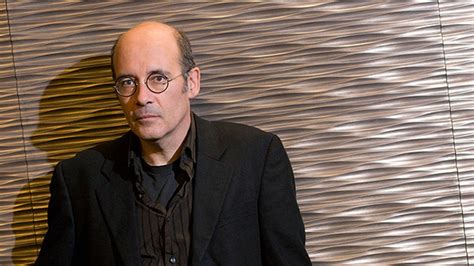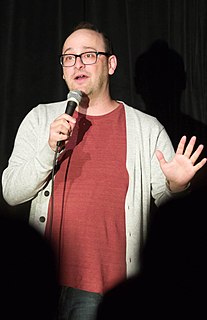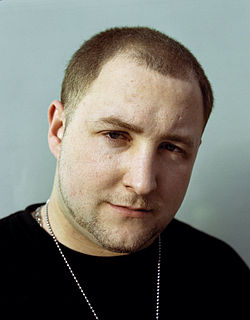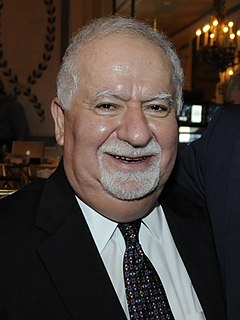A Quote by Rick Moody
I am in Boston right now, in fact, to do work at the New England Historical Genealogical Library, where I'm trying to finish up tracing my lineage back to the seventeenth century.
Related Quotes
I understand how difficult it can be for an African-American in today’s society. In fact, I can relate to black people very well indeed. My ancestors once owned slaves, and it is in my lineage to work closely with the black community. However, just because they were freed over a century ago doesn’t mean they can now be freeloaders. They need to be told to work hard, and the incentives just aren’t there for them anymore. When I’m president I plan to work closely with the black community to bring a sense of pride and work ethic back into view for them.
We should have scant notion of the gardens of these New England colonists in the seventeenth century were it not for a cheerful traveller named John Josselyn, a man of everyday tastes and much inquisitiveness, and the pleasing literary style which comes from directness, and an absence of self-consciousness.
It is often reported that the Five Points of Calvinism are the conceptual hard-core of Reformed thought. That is very misleading. The Five Points supposedly originate with the Synod of Dort in the early seventeenth century. Yet we find important Reformed leaders who were signatories to that documentation who don't think that limited atonement is the right way to think about the scope of Christ's saving work. How can this be? The answer that recent historical theology has thrown up is that the canons of the Synod don't require adherence to the doctrine of limited atonement.
Call yourself "Colonel" and declare that your fortune was left to you by Dutch burghers from the seventeenth century. Now you're a solid citizen, the embodiment of hard work and rugged individualism. You're no criminal. The criminal is the guy who comes up short, who gets caught, who fails to adopt a respectable cover.
Look, science is hard, it has a reputation of being hard, and the facts are, it is hard, and that's the result of 400 years of science, right? I mean, in the 18th century, in the 18th century you could become an expert on any field of science in an afternoon by going to a library, if you could find the library, right?
One of my greatest sources of pride as president of the New York Public Library is the continuance of the library's open, free, and democratic posture, the fact that we are here for Everyman, that we are indeed Everyman's university, the place where the scholar who is not college-affiliated can come and work and feel at home.






